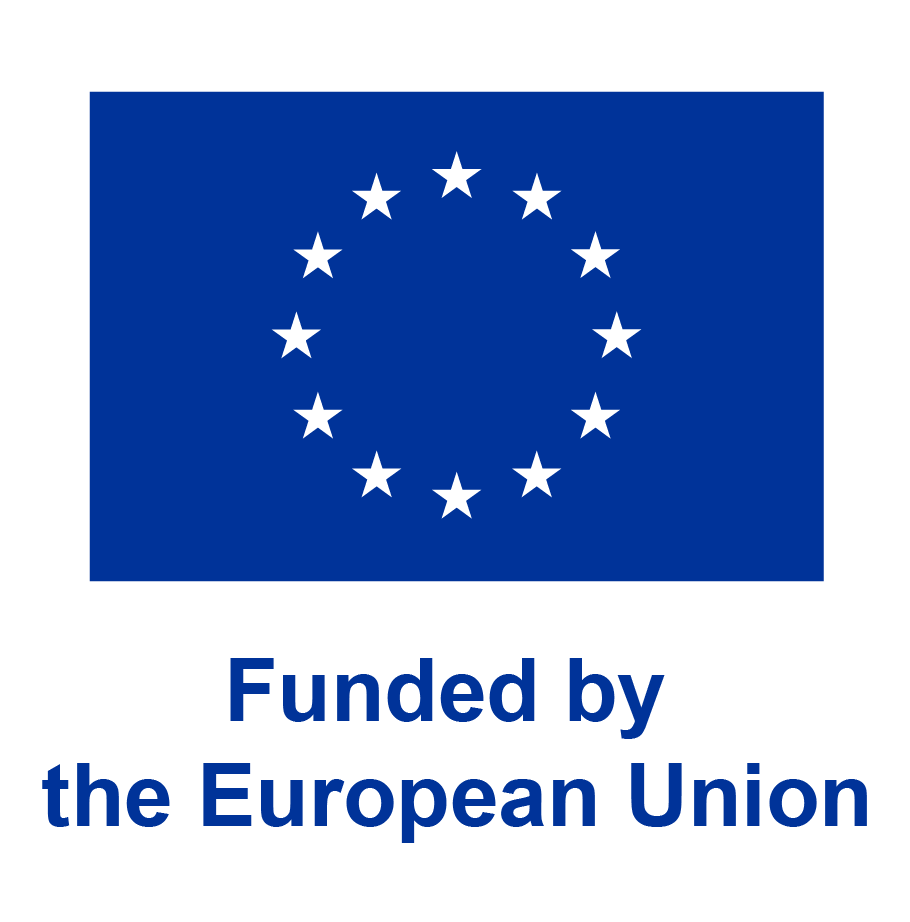Team
Universidade Nova de Lisboa (CHAM – NOVA FCSH) Portugal
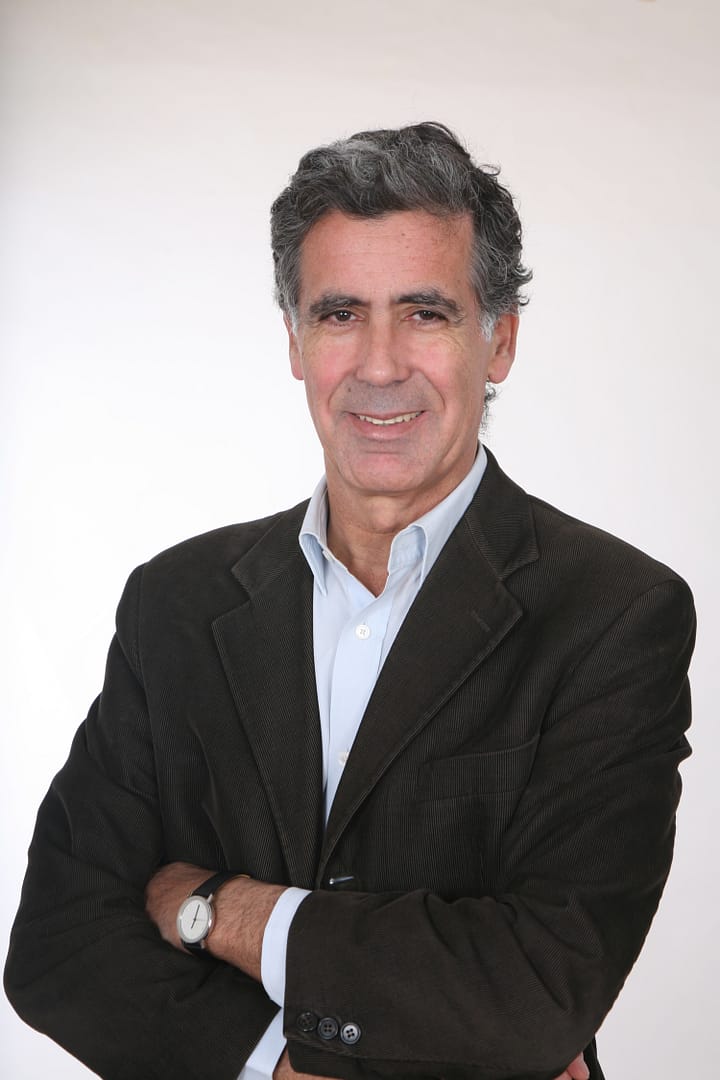
Pedro Cardim
TEAM LEADER
Read more
Associate Professor at NOVA FCSH. He focuses on the history of early modern Iberian polities and their imperial rule across the Atlantic, with a particular focus on the period when Portugal was part of the Spanish Monarchy (1580-1640). He also delves into the political and administrative reforms of the late seventeenth and eighteenth centuries. A recent outcome of this research is the volume he co-edited with Nuno Gonçalo Monteiro titled ‘Political Thought in Portugal and its Empire (1500-1800),’ published by Cambridge University Press in 2021.
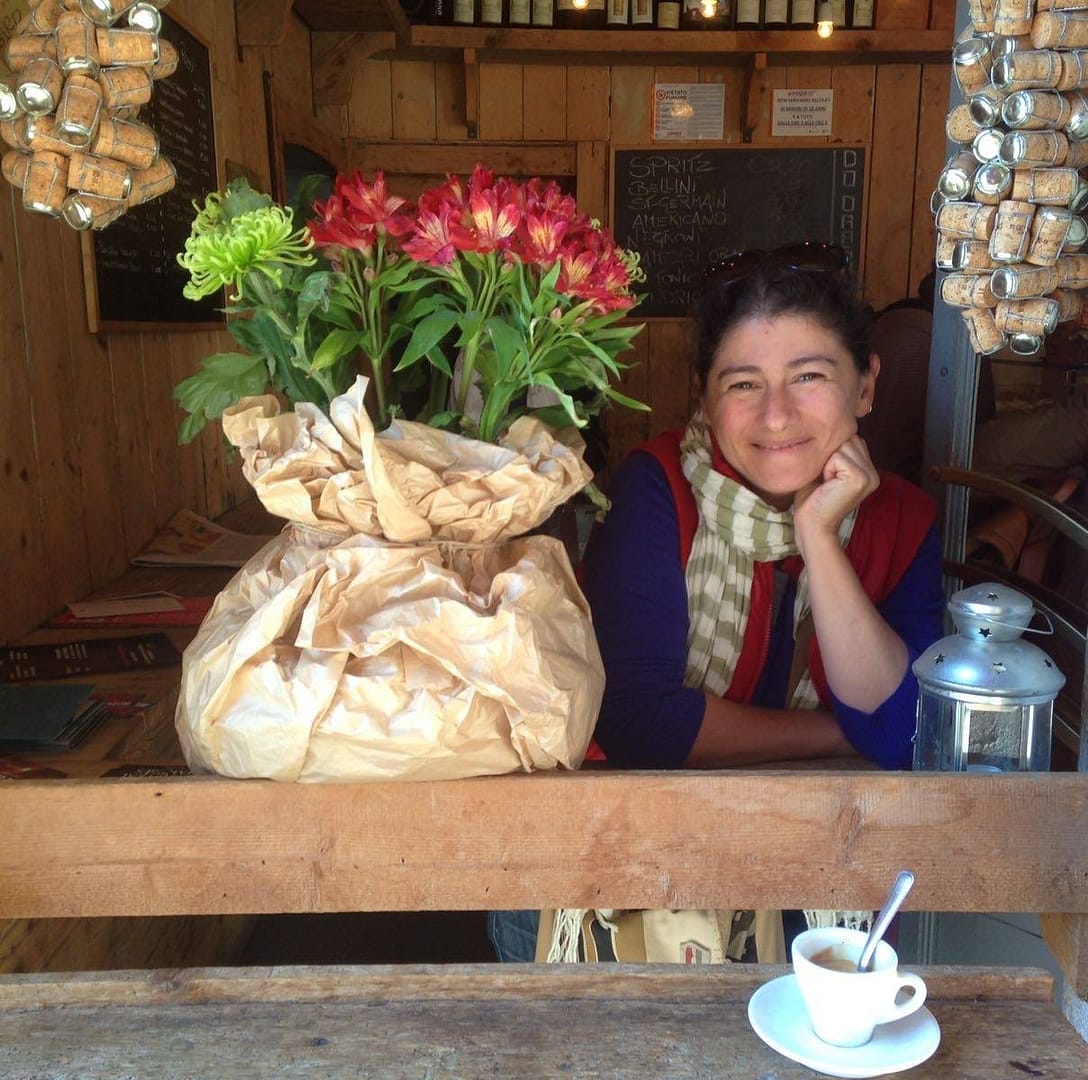
Ana Catarina Abrantes Garcia
INVESTIGATOR
Read more
Researcher at CHAM and coordinator of the Interactions, Environment, and Globalisation group at the same centre, she is also a member of the NOVA FCSH UNESCO Chair “The Cultural Heritage of the Oceans” team. Her research interests span maritime history, archaeology, and marine environmental history, with a particular focus on landscape transformations during the early modern period and European maritime expansion (16th–18th centuries). Her work examines the impact of colonisation on non-human landscapes, including Atlantic islands and indigenous territories in the Caribbean and the Americas. She coordinates the TRASH project (Human Waste and Marine Debris during the First Globalisation: Past and Future Perspectives on Ocean Pollution), which investigates the environmental impact of port activities on aquatic ecosystems, as well as their effects on indigenous populations, fisheries, and public health.
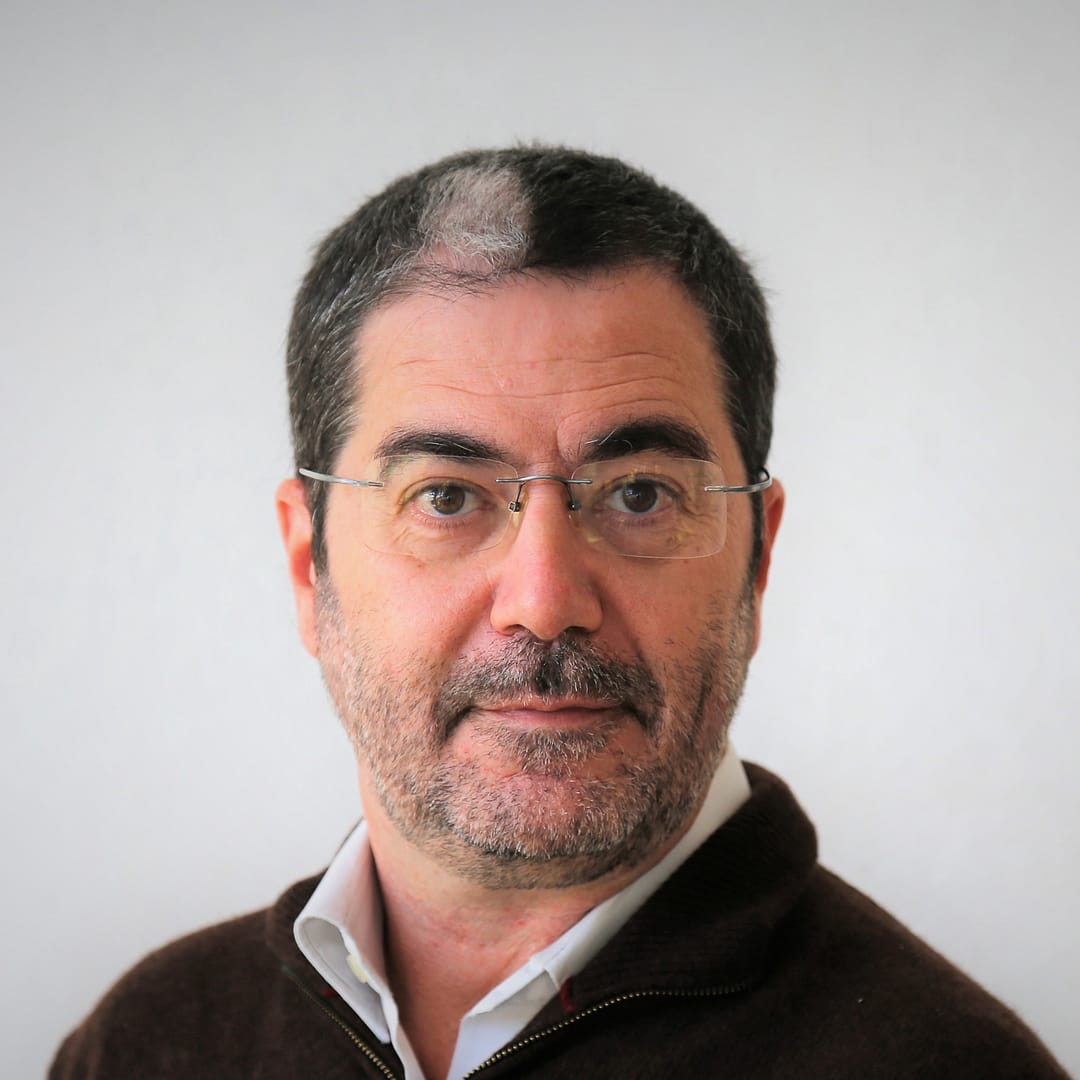
António Granado
INVESTIGATOR
Read more
Associate professor with habilitation at Universidade NOVA de Lisboa, where he co-directs, since 2011, the master programme in Science Communication. For more than 26 years, he worked as a science journalist, mainly at Público, one of Portugal’s main daily quality newspapers, where he also was science editor, sub-editor-in-chief, managing editor and online editor. From 2010 to 2014, he worked as the online editor of RTP, the Portuguese public television. He holds a MSc in Science Journalism from Boston University, in the US, and PhD on Communication Sciences from the University of Leeds, in the UK. As an academic, he has taught at several Portuguese universities, among which University of Coimbra where he was an invited lecturer for ten years. As a journalist, he has written extensively about science and the environment.
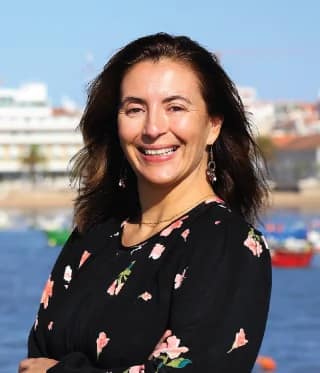
Cristina Brito
INVESTIGATOR
Read more
Associate Professor at the History Department at NOVA FCSH and a researcher at CHAM. She is the PI of the ERC Synergy Grant 4-OCEANS: Human History of Marine Life (2021-2027). Her scientific interests include early modern marine environmental history, local and global perceptions about and uses of the seas, Atlantic and oceanic histories, humans and nonhumans relationships, the Anthropocene, and the Blue Humanities.
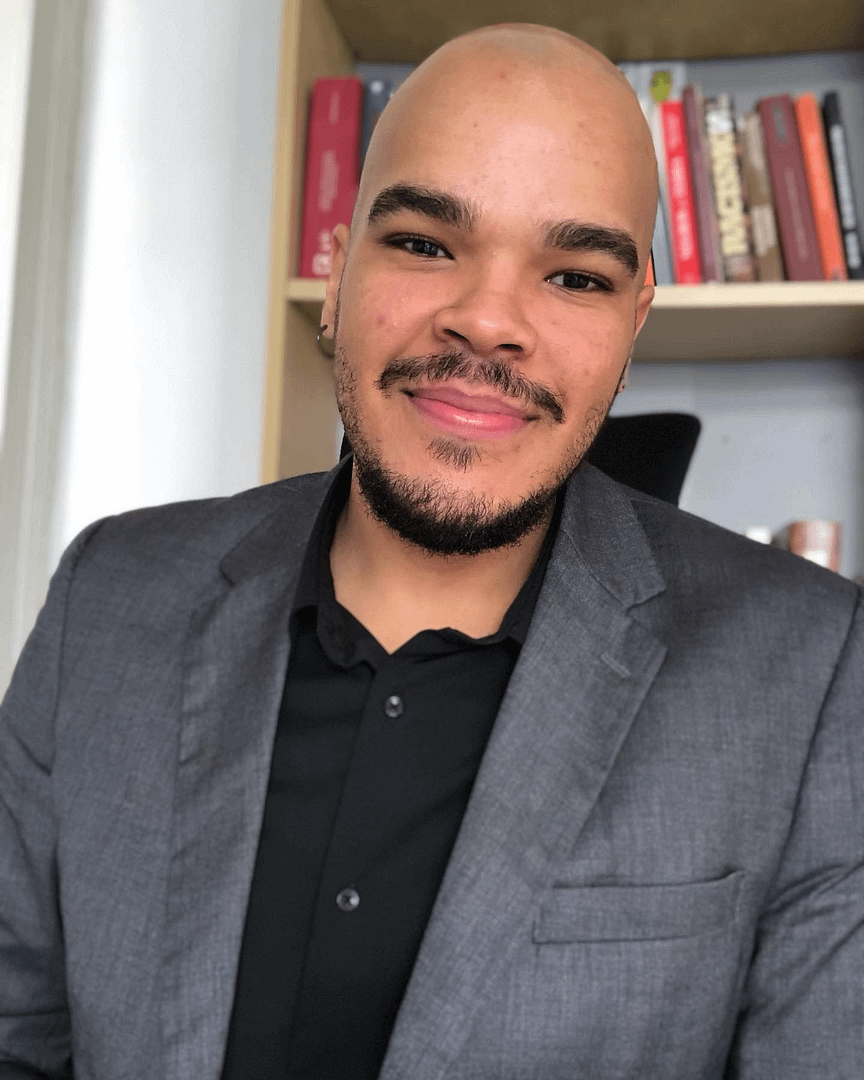
Felipe Oliveira
INVESTIGATOR
Read more
Ph.D. Candidate in early modern history at CHAM, UNL, supported by an FCT doctoral scholarship. His research delves into the interaction of enslaved individuals, freedmen, and the indigenous population within the judicial system. By focusing on their resistance against slavery and forced labour, he examines how these groups shaped legal culture in 18th-century São Paulo/Colonial Brazil.
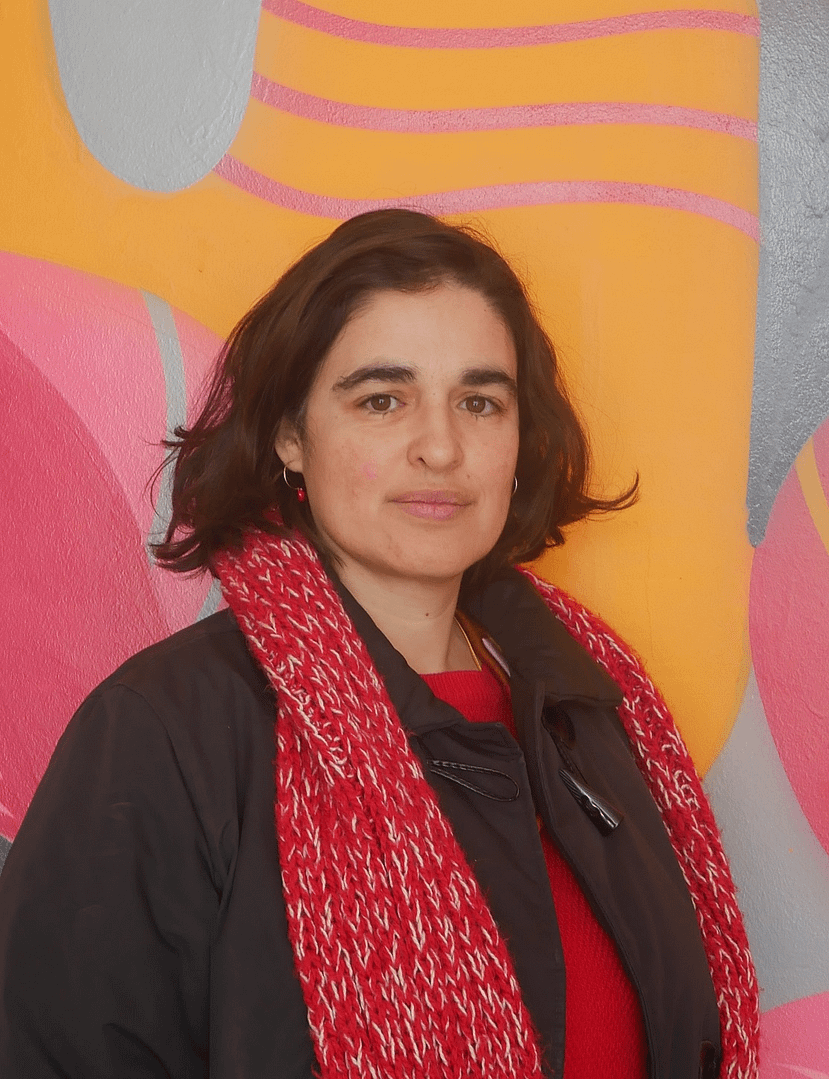
Isabel Araújo Branco
INVESTIGATOR
Read more
Associate Professor of Hispanic Studies at UNL and a researcher at CHAM, where she is currently deputy director. She has a PhD in Comparative Literary Studies, and her research focuses on the relations between Portuguese and Hispanic literature, the origins of Iberian magical realism, literature written by women, publishing and translation. She is the editor of Cultura. Revista de História e Teoria das Ideias and is part of the project “Transficción-Discursos y relatos de la Transición” (Uni. Zaragoza) and the portal “Editores y Editoriales Iberoamericanos (siglos XIX-XXI)” of the Biblioteca Virtual Miguel de Cervantes and is a collaborator of the Centro de Estudos Comparatistas (UNL). Her publications include the volumes Recepção literária das literaturas hispano-americanas em Portugal (2021) and Tradução e edição de obras hispano-americanas em Portugal (2020).
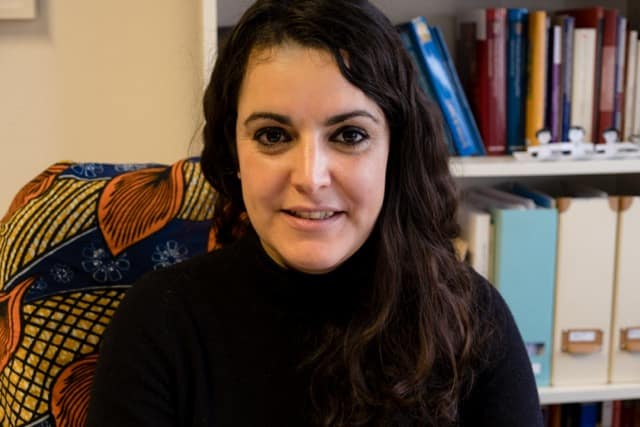
Isabel Gomes de Almeida
INVESTIGATOR
Read more
Assistant Professor at the History Department of NOVA FCSH, UNL. She has a PhD in Ancient History. Since 2016, she has been deputy director of the Executive Committee of CHAM – NOVA FCSH & UAc, coordinating its institutional communication and multimedia areas. Her research focuses mainly on ancient West Asia contexts and revolves around the History of Religions. She is particularly interested in the syncretic processes between religious traditions and systems and the construction processes of divine figures through a longue durée perspective.

Joana Vieira Paulino
INVESTIGATOR
Read more
Junior researcher (CEEC 6th edition, Ref. 2023.05849.CEECIND) at the Institute of Contemporary History, where she studies “Raising Children as a Feminine Labour Market: A Prosopography of Foundlings’ Wet Nurses in 19th-Century Lisbon.” She is an invited lecturer in the History Department at NOVA FCSH, a researcher at the Digital Humanities Lab (IHC, NOVA FCSH/IN2PAST), editor of The Programming Historian Portuguese team, and managing editor of the International Journal of Humanities and Arts Computing, published by Edinburgh University Press. She holds a PhD in History, specialising in Contemporary History, from the Faculdade de Ciências Sociais e Humanas, Universidade NOVA de Lisboa (2019). She was awarded the Cascais History Award – Ferreira de Andrade (2015, 1st edition) and recognised by the Asociación de Demografía Histórica as the third-best junior researcher (2016). Her research interests include social and mentalities history, child welfare, urban history, digital humanities, and spatial analysis.
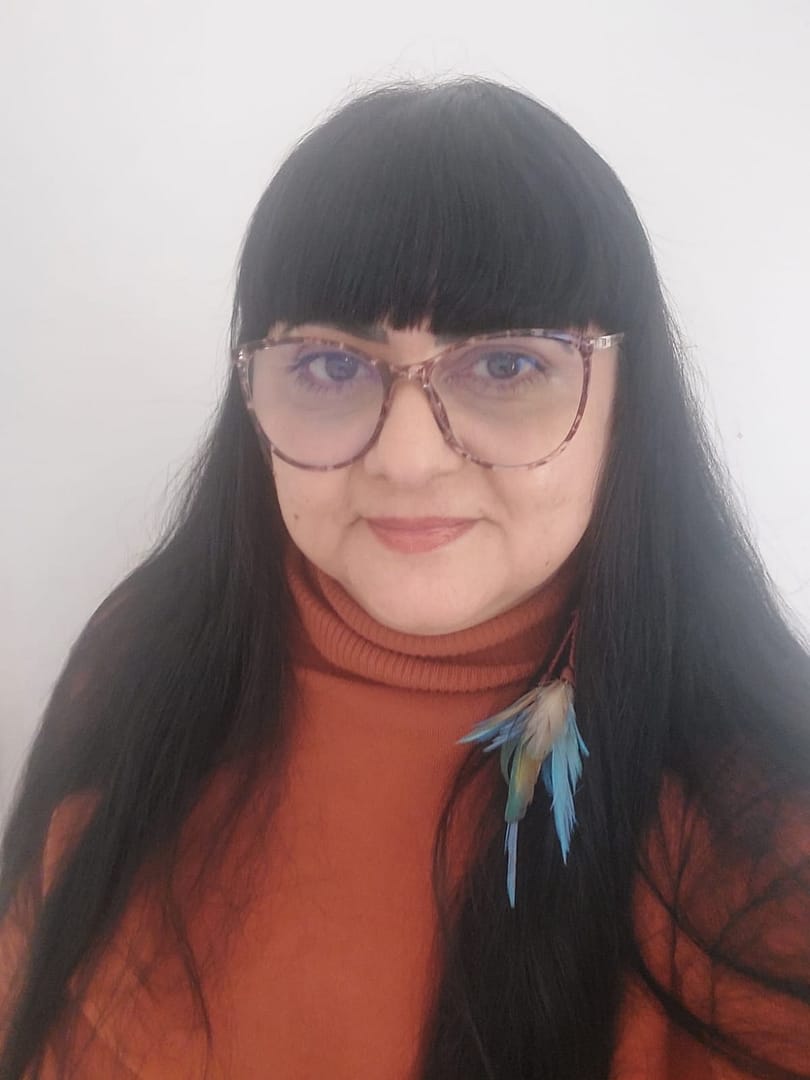
Juciene Ricarte Cardoso
INVESTIGATOR
Read more
Professor at the Federal University of Campina Grande, Brazil and collaborating researcher at CHAM-UNL, Portugal. Coordinator of the Permanent Seminar Indigenous Worlds of CHAM. She participated as a researcher in the archival and historical treatment of the Projeto Resgate Barão do Rio Branco / MINC between 1998 and 1999 in Portugal. Between 2021 and 2022, she was a UNESCO Consultant, coordinating a team for new thematic areas, including Indigenous History in Brazil (XVI-XIX). She has been researching and publishing books and scientific articles on Indigenous History in Colonial and Imperial Brazil, Indigenous Knowledge and Indigenous School Education, Digital Humanities and Indigenous History in Brazil, Environmental History and Indigenous Peoples, History of indigenous women, History of Health, well-being and indigenous healing practices.
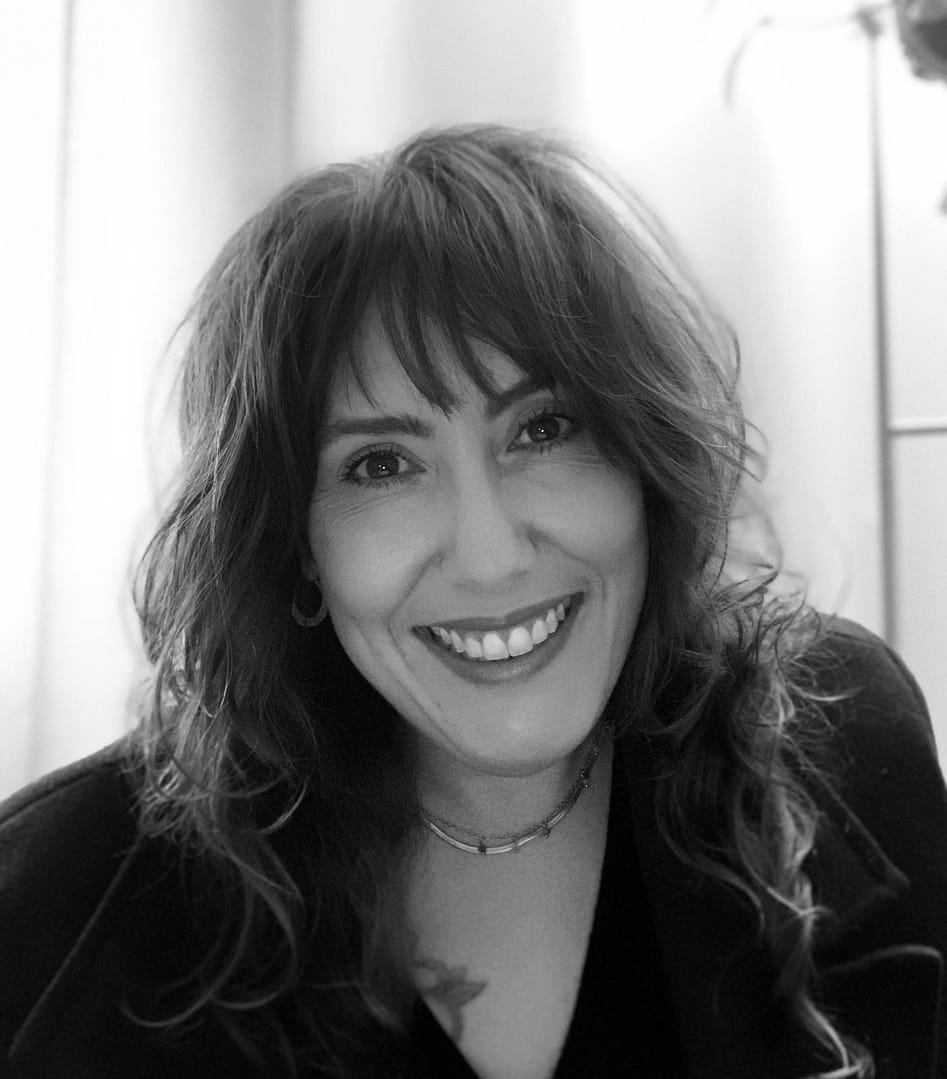
Karine de Fatima Mazarão
INVESTIGATOR
Read more
Historian with academic training in both Portugal and Brazil, she is a PhD candidate in History at NOVA FCSH. She holds a Master’s degree in Contemporary History from the University of Porto (FLUP) and a Master’s in History Education from the State University of Maringá (UEM – Brazil). She is currently an integrated researcher at CHAM. Her academic trajectory reflects a strong interest in the intersections between history, education, and gender, which is central to her current research on the history of masculinities and Indigenous history in colonial Brazil.

Mariana Meneses Munoz
INVESTIGATOR
Read more
PhD candidate in early modern history at Universidade Nova de Lisboa, FCT scholarship holder, Researcher at CHAM. Her work focuses on everyday moral and juridical speeches, representations, and behaviour of non-elite people, as well as inquisitorial studies in the Iberian Peninsula and Iberian colonial contexts during the 16th and 17th centuries. Her research project aims to identify the role that women played in the society of the early modern period, based on their interaction with the instances of Portuguese ecclesiastical justice during the Counter-Reformation (1555-1648), and how what women say about themselves, together with the female images of the time.
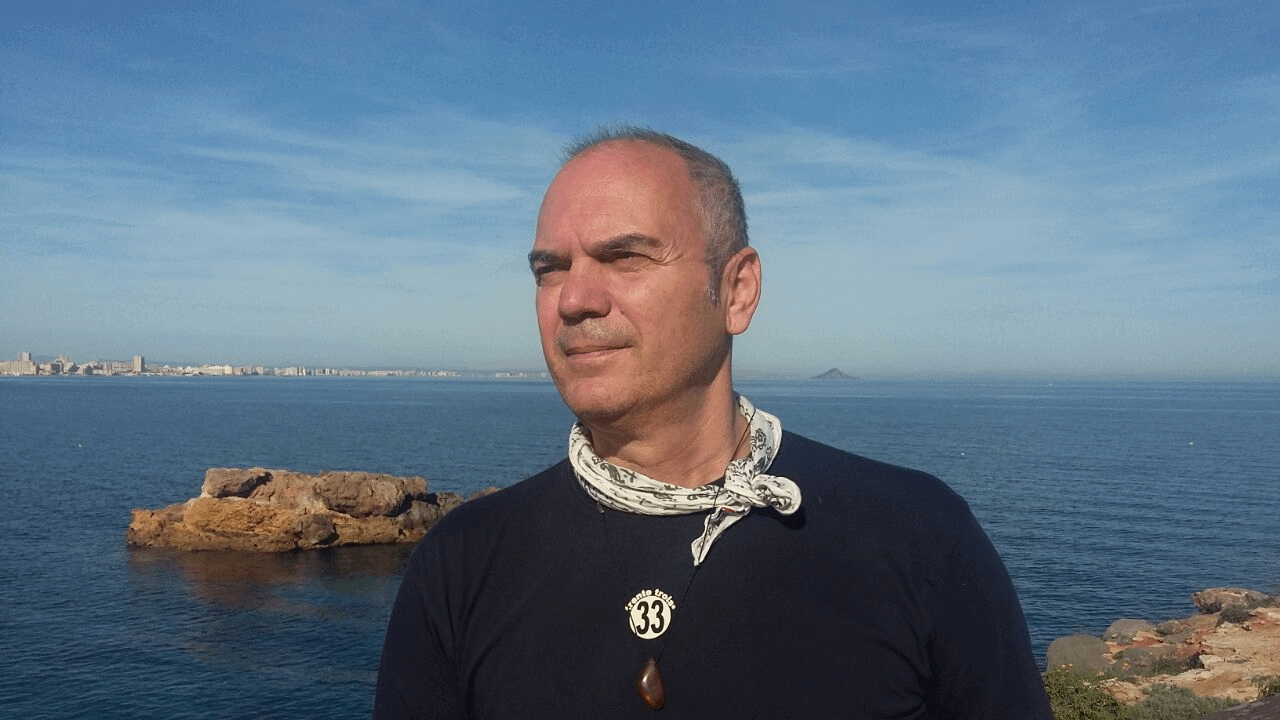
Pablo Sánchez León
INVESTIGATOR
Read more
Researcher at the CHAM, UNL, he has extensively studied social and political conflicts in the Hispanic world from Early Modern to Modern History, drawing on interdisciplinary perspectives from historical sociology to the history of concepts. Among other works, he has published the monograph “Popular Political Participation and the Democratic Imagination in Spain. From Crowd to People” (Palgrave, 2020) and has recently prepared the edition of Robert J. Williams, “El indígena americano en el pensamiento jurídico occidental. Los discursos de conquista “(Universidad Autónoma de Madrid, 2024).
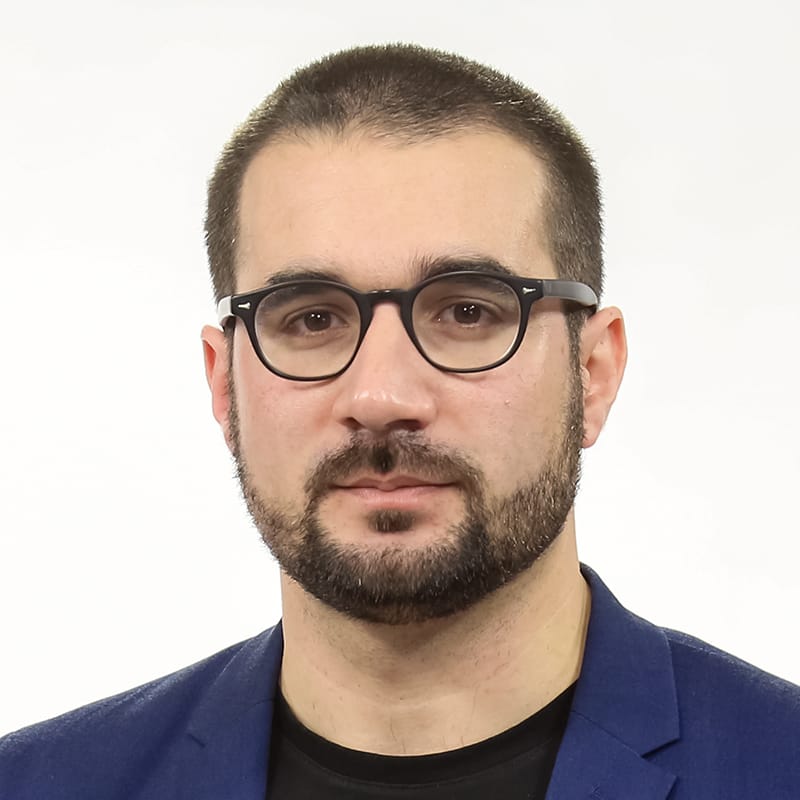
Paulo Nuno Vicente
INVESTIGATOR
Read more
Associate Professor at NOVA, where he founded in 2016 and since then coordinates iNOVA Media Lab, a research and development laboratory dedicated to the study of immersive and interactive narrative, human-machine interaction, new media literacies, science communication, social media and information visualization. He is an honored recipient of the prestigious German Marshall Fund of the United States Fellowship (2016) and Calouste Gulbenkian Prize – Knowledge (2019).
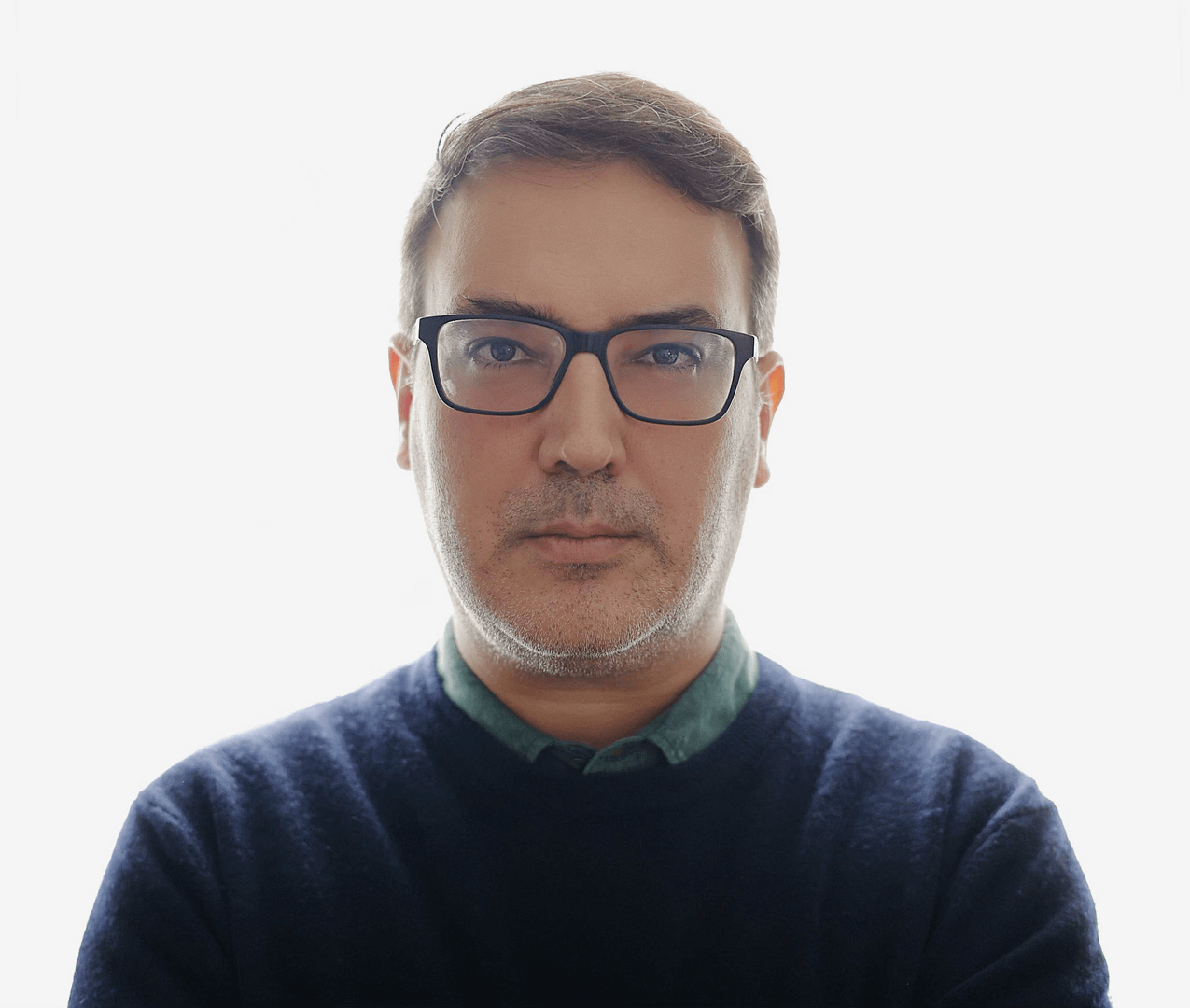
Rodrigo Lacerda
INVESTIGATOR
Read more
Researcher at the Centre for Research Network and coordinator of Politics and of the Practices and Politics of Culture research group in Anthropology (CRIA) . He has been an invited assistant professor at NOVA FCSH since 2017 and held that position at the University of Coimbra from 2019 to 2020. He holds a Ph.D. in Anthropology: Politics and Displays of Culture and Museology from the Faculty of Social and Human Sciences of the Universidade Nova de Lisboa (NOVA FCSH) and ISCTE-IUL. Completed a postgraduate degree at the National Film and Television School (UK) and a BA (Hons) in Film and Broadcast Production at London Metropolitan University. Co-organized the Amerindian Film Screening ¿ Paths of Indigenous Cinema in Brazil (2019), held at the prestigious Calouste Gulbenkian Foundation and brought the Indigenous curator Ailton Krenak and several Indigenous filmmakers and artists to Portugal. His research areas are visual anthropology, Indigenous cinema, Indigenous ethnology, and heritage.

